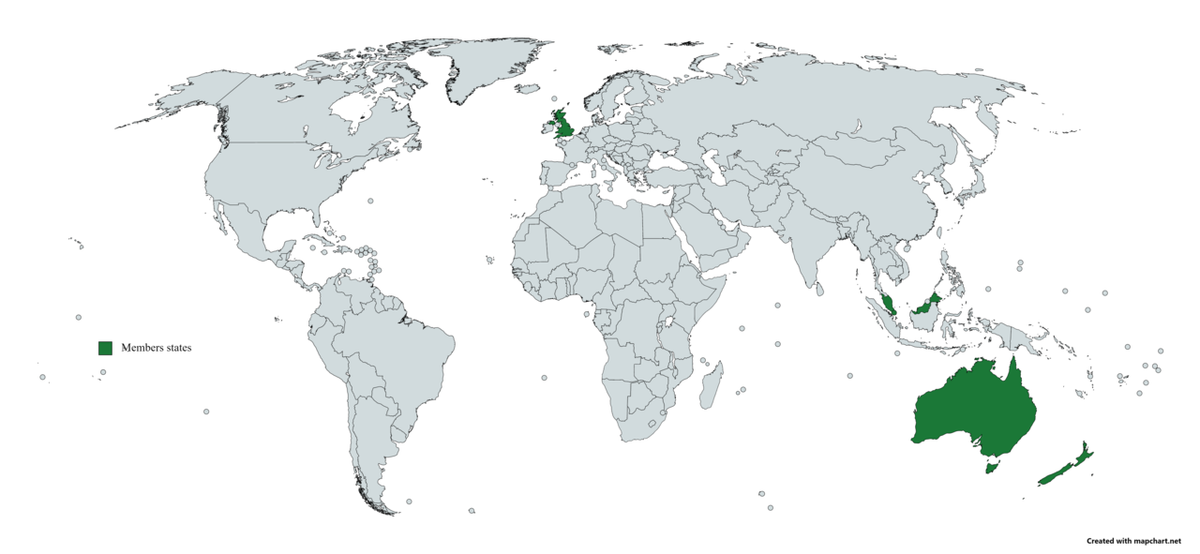
ASEAN countries, UK deepen defence, crime prevention ties
Malaysia and Singapore are expanding security cooperation with the UK through the Five Power Defence Arrangements (FPDA) as well as a new regional crime partnership, reinforcing Southeast Asia’s multilateral defence posture amid Indo-Pacific realignments.
British high commissioner to Malaysia Ajay Sharma reaffirmed the UK’s commitment to regional security during a visit to Kuala Lumpur on 26 June, citing the FPDA and international maritime law under the UN Convention on the Law of the Sea (UNCLOS).
“Through agreements such as the law of the sea, and cooperation with Malaysia and other countries in the region, we aim to ensure that international agreements are respected and that any differences are resolved diplomatically and through dialogue," Sharma said.
Legacy pact sees expanded drills
Signed in 1971, the FPDA links Malaysia, Singapore, Australia, New Zealand and the UK in a consultative defence framework that allows for joint military exercises, intelligence-sharing and operational coordination. While not a formal mutual defence pact, it remains a key regional mechanism, with Malaysia and Singapore hosting regular exercises under its banner.
Singapore’s Ministry of Defence confirmed on 31 May that future FPDA drills will include expanded maritime operations, with a UK carrier strike group expected to participate. The announcement followed a meeting of FPDA defence ministers hosted in Singapore.
New ASEAN crime cooperation milestone
In a parallel move, ASEAN welcomed the UK’s participation in the Senior Officials Meeting on Transnational Crime (SOMTC) for the first time on 27 June. According to the UK Home Office, the engagement “paved the way for deeper operational cooperation” on cybercrime, terrorism, human trafficking and child sexual exploitation.
The UK is the first external partner to engage with SOMTC in this capacity. The move marks a shift from political dialogue towards law enforcement coordination, aligned with ASEAN’s increasing focus on non-traditional security threats.
Strategic balancing in the Indo-Pacific
ASEAN has positioned multilateral frameworks such as the FPDA as stabilising alternatives to escalating regional tensions. Malaysia and Singapore in particular, continue to support the FPDA’s non-aligned posture amid South China Sea disputes and intensified US–China rivalry.
The UK’s Indo-Pacific strategy, last updated in 2023, identifies ASEAN as a core strategic partner for regional order. Through the FPDA and new crime cooperation channels, the UK aims to expand its engagement without displacing existing power balances.
Analysts from the S. Rajaratnam School of International Studies said ASEAN’s receptiveness to the FPDA reflects the pact’s ability to evolve while remaining inclusive and non-provocative.
“The FPDA is not just surviving, it is thriving,” erstwhile Singaporean defence minister Ng Eng Hen said before leaving office in late May. “It remains relevant and valued by all member nations because it has adapted to the times.”
